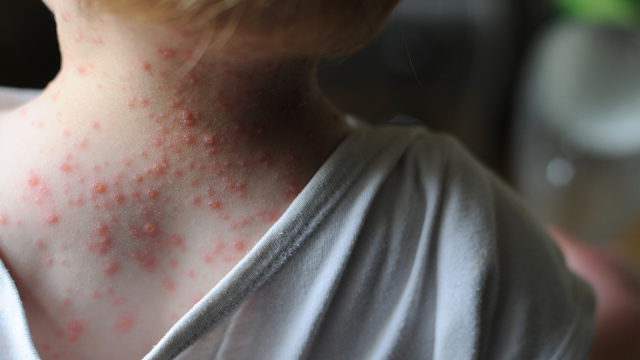Cases are increasing and some countries have already declared monkeypox a public health emergency.
The virus that causes this disease is not new; it was first detected in 1958 in monkey colonies, and the first human case was reported in 1970. Prior to the current outbreak, infections had already been recorded in several African countries, as well as in the United Kingdom, the United States, Israel, and Singapore.
The World Health Organization (WHO) explains that it is a rare disease primarily transmitted to humans by wild animals, such as rodents and primates, but human-to-human transmission is limited. Symptoms include fever, headache, swollen lymph nodes, muscle aches, and fatigue.
It also presents a period of skin eruptions that first affects the face and spreads to the rest of the body, mainly on the palms of the hands and the soles of the feet.
The Biden administration declared monkeypox a public health emergency on Thursday, as cases surge, with nearly 7,000 reported in the country and around 26,000 infected globally.
Furthermore, the World Health Organization (WHO) previously declared monkeypox a public health emergency of international concern. The WHO explains that this classification refers to "an extraordinary event" that constitutes a "public health risk to other States through the international spread of disease" and "that potentially requires a coordinated international response.".
Activists and public health experts have called on both the WHO and various governments around the world to address the virus more quickly, to prevent it from becoming an endemic disease.
They have also warned about discrimination against the LGBTIQ+ population, a community that has seen a high number of cases and, consequently, has faced challenges in accessing medical care. It is important to emphasize that anyone can be at risk of contracting the virus, which is transmitted through physical contact.
Information taken from: AFP, CNN and BBC News

